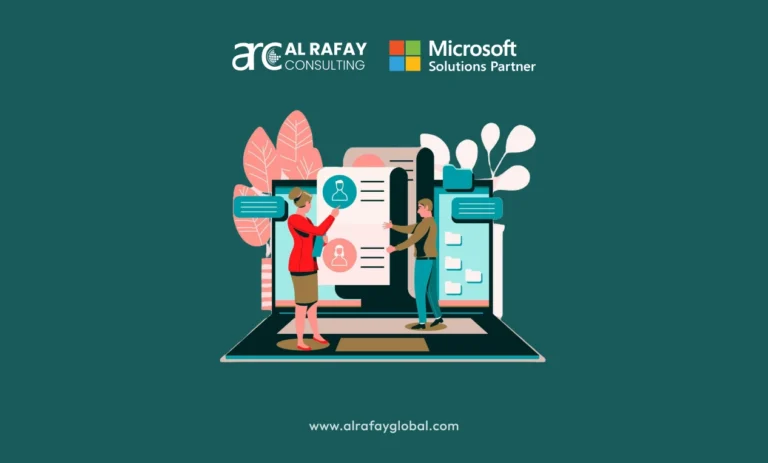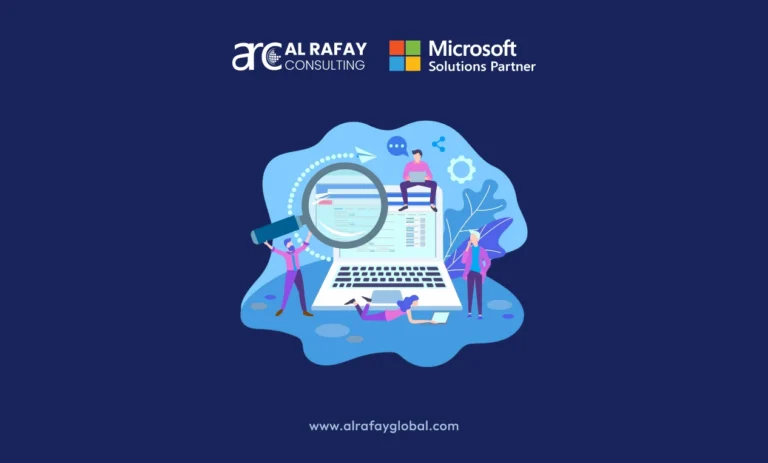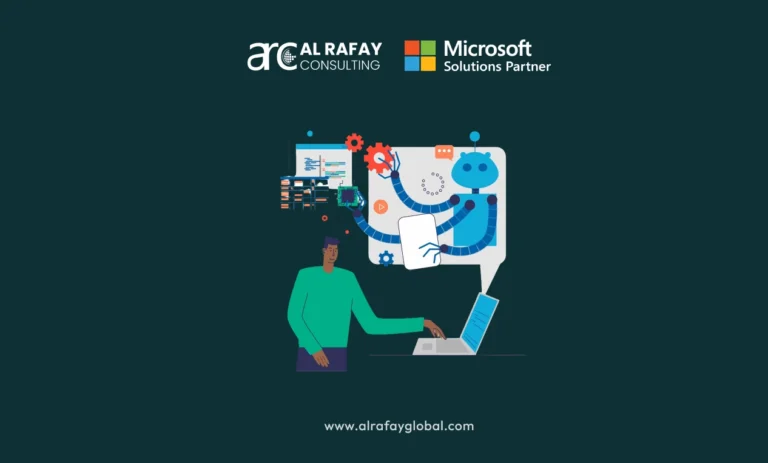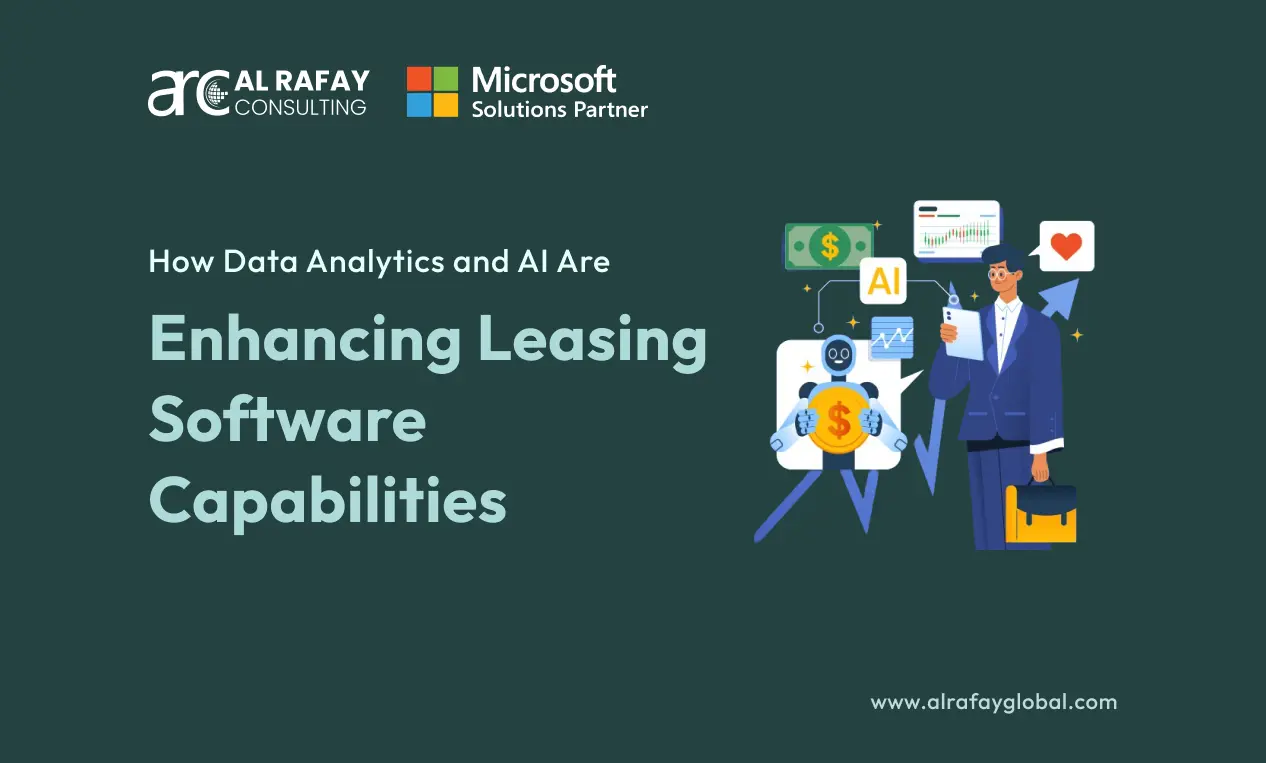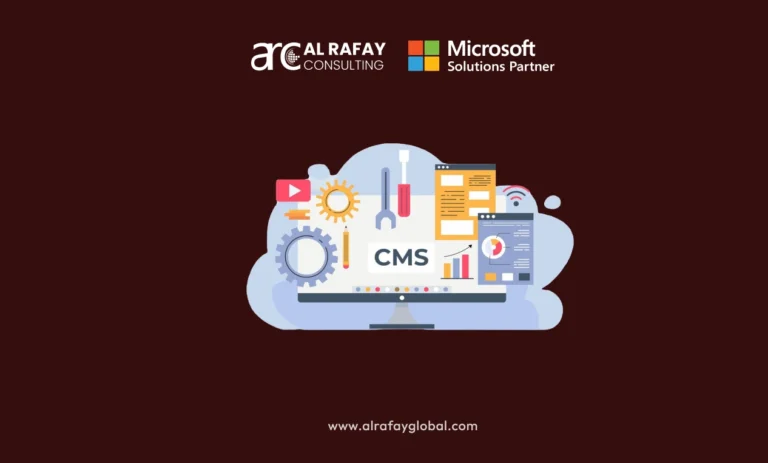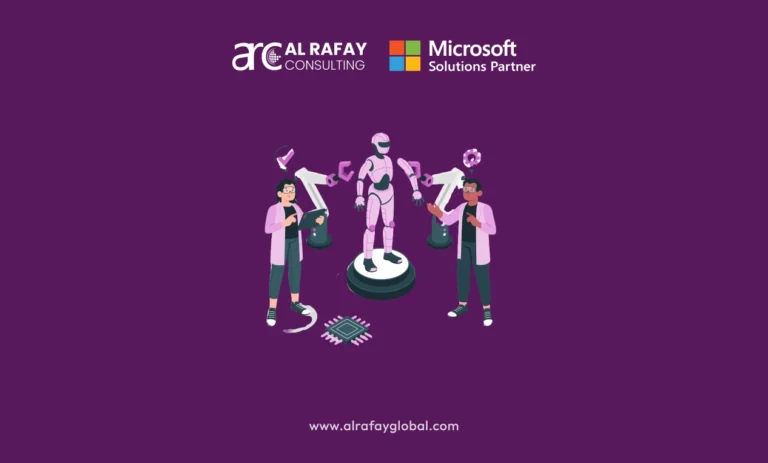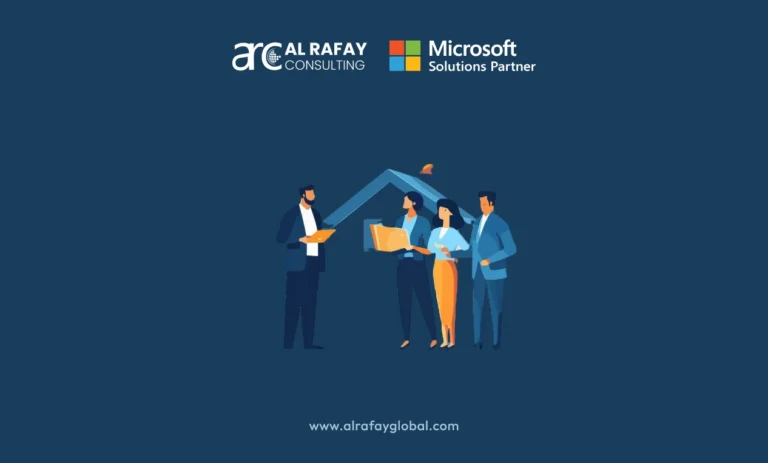Leasing software is a vital tool for managing leases across various industries such as real estate, retail, hospitality, and healthcare. It helps businesses to monitor, analyze, and optimize their lease portfolios, as well as to comply with accounting and regulatory standards. However, traditional lease tracking methods often face challenges such as data silos, manual errors, inefficiencies, and risks.
In this blog, we will explore how data analytics and artificial intelligence (AI) can enhance the capabilities of lease tracking software and transform the lease management process. We will also discuss the broader implications of these technologies for the real estate industry and the future trends and innovations that are shaping the lease management landscape. So, without any further introductions let’s get started.
Understanding Leasing Software
Lease tracking software is a software application that enables businesses to manage their lease contracts and related data. It allows users to store, organize, access, and update lease information in a centralized and secure platform. Lease management software comes with a very diverse range of features depending on their intended use, type of industry, size of the company, and much more. let’s look at some of the features that are offered in modern leasing software:
- Abstraction: The process of extracting key data and terms from lease documents and converting them into a standardized format for easy analysis and comparison. This feature basically employs artificail intelligence to extract data.
- Lease Accounting: This means recording and reporting lease transactions and obligations in accordance with the relevant accounting standards and principles.
- Compliance: It entails ensuring that lease contracts and activities adhere to the applicable laws, regulations, and policies.
- Performance: This is the process of measuring and evaluating the financial and operational outcomes of lease contracts and portfolios.
- Optimization: This feature entails identifying and implementing opportunities to improve the efficiency, profitability, and sustainability of lease contracts and portfolios.
This software can help businesses to streamline their lease management processes, reduce costs, increase revenues, and mitigate risks. However, traditional lease tracking methods often rely on manual and fragmented data sources, which can lead to challenges such as:
- Data inconsistency and inaccuracy: Manual data entry and manipulation can result in errors, discrepancies, and duplication of lease data, which can affect the quality and reliability of lease analysis and reporting.
- Data complexity and volume: Lease contracts and data can be complex and voluminous, especially for large and diversified lease portfolios. This can make it difficult and time-consuming to process, analyze, and interpret lease data, as well as to keep track of changes and updates.
- Security and privacy: Lease data can contain sensitive and confidential information, such as personal details, financial transactions, and business strategies. This can expose businesses to data breaches, theft, and misuse, which can damage their reputation and incur legal liabilities.
- Integration and interoperability: Lease data can be stored and accessed in different formats, systems, and platforms, which can create data silos and hamper data sharing and collaboration. This can limit the visibility and insight into lease performance and optimization, as well as the alignment and coordination of lease management activities.
To overcome these challenges, businesses need to leverage data analytics and AI in their leasing software. These technologies can enable businesses to harness the power of data and intelligence to enhance their management capabilities and outcomes.
The Emerging Role of Data Analytics in Lease Tracking Software
Data analytics is the process of collecting, processing, analyzing, and visualizing data to generate insights and value. Some of the ways in which analytics is impacting the capabilities of next-gen leasing software are the following:
- Utilizing historical data for predictive analysis: Data analytics can help businesses use historical lease data to identify patterns, trends, and correlations, and to forecast future scenarios and outcomes. For example, the software can predict the optimal lease terms and rates, the best time to renew or terminate leases, the potential risks and opportunities in lease portfolios, and the impact of market fluctuations and changes on lease performance.
- Real-time monitoring and optimization: With the help of analytics the software can monitor and optimize their lease performance and optimization in real time. For instance, data analytics can help businesses track and measure key performance indicators (KPIs) such as occupancy rates, vacancy rates, rent collection rates, tenant satisfaction levels, and lease profitability. Data analytics can also help businesses identify and implement actions and strategies to improve their lease performance and optimization, such as adjusting lease rates, offering incentives, renegotiating contracts, and diversifying portfolios.
- Improving decision-making through data-driven insights: Data analytics can help businesses improve their decision-making process by providing data-driven insights and recommendations. Companies can evaluate and compare different lease options and scenarios, to assess the feasibility and viability of lease proposals and contracts, and to determine the best course of action for lease management and optimization.
Leveraging AI in Leasing Software
If you are reading this blog then you are most probably related to the tech world and must know that Artificial Intelligence or AI is the current buzzword. Creating and applying systems and machines that can perform tasks that normally require human intelligence, such as learning, reasoning, and problem-solving comes under the umbrella of artificial intelligence. Let’s take a look at some of the ways AI is helping in the development of advanced lease administration software.
- Automation of repetitive tasks: AI can help businesses automate repetitive and tedious tasks in lease management, such as data entry, data validation, data extraction, conversion, reconciliation, and data reporting. This can help businesses to save time, reduce errors, increase efficiency, and improve productivity.
- Natural Language Processing (NLP) for contract analysis: NLP is a branch of AI that deals with the interaction between natural languages and computers. NLP can help businesses analyze lease contracts and documents using natural language understanding and natural language generation. For example, NLP can help leasing software extract key data and terms from lease documents, to summarize and simplify lease contracts, generate lease abstracts and summaries, and create lease contracts and documents.
- Customized Chatbots: Another way in which artificial intelligence can boost the performance of leasing solutions is by the integration of chatbots. Users can use these NLP-powered bots that are trained on the company data and easily extract useful information from their data repositories.
Challenges and Limitations
Despite the benefits and impact of data analytics and AI on rental and tenancy trackers, there are also some challenges and limitations that need to be addressed and overcome. Some of these are:
- Integration complexities with existing systems: Data analytics and AI solutions often require integration with existing leasing systems and platforms, such as enterprise resource planning (ERP), CRM, and property management software (PMS). However, this integration can be complex and challenging, especially if the systems and platforms are incompatible, outdated, or customized. Therefore, businesses need to ensure that their data analytics and AI solutions are compatible and interoperable with their existing systems and platforms and that they can seamlessly exchange and synchronize data and information. Businesses also need to consider the costs and resources involved in integration, and the potential impact on their existing workflows and processes.
- Potential biases in AI algorithms and their implications: AI algorithms are often trained and tested on historical data, which can reflect the existing biases and prejudices in the data and society. For example, AI algorithms can inherit biases and prejudices in lease data, such as discrimination based on race, gender, age, or income. This can result in unfair and inaccurate outcomes and decisions, such as denying or favoring certain tenants, offering or charging different lease terms and rates, or predicting or assessing different risks and opportunities
- Inadequate and inconsistent lease accounting and reporting: Leasing professionals have to comply with various lease accounting standards, such as FASB ASC 842, GASB, and IFRS, which require them to recognize leases as assets and liabilities on their balance sheets. They also have to generate accurate and timely lease reports, such as rent rolls, lease abstracts, and lease audits, for internal and external stakeholders.
Now you might have an idea of just how complex things can get if your business is on a large scale. These were just some of the problems related to leasing and there are tons of other issues that also hinder the performance and efficiency of the companies and property managers.
Implications for the Real Estate Industry
Analytics and AI can have profound implications for the real estate industry, as they can transform the way businesses manage and optimize their lease portfolios and properties. Let’s take a look at some of the implications:
- Facilitate data-driven decision-making for property investment and development: Data analytics and AI can help businesses to facilitate data-driven decision-making for property investment and development, by providing comprehensive and accurate market intelligence and analysis1. Data analytics and AI can help businesses to assess and compare different property options and opportunities, and to evaluate their feasibility and profitability. Data analytics and AI can also help businesses to forecast and simulate the impact of various factors and scenarios, such as demand and supply, competition, and regulation, on their property investment and development outcomes and returns.
- Influence on market dynamics and trends through predictive analytics: AI can help businesses to influence the market dynamics and trends through predictive analytics, by providing foresight and guidance on the future of the real estate industry. This can help companies to predict and anticipate the changes and challenges in the real estate market, such as shifts in consumer behavior, preferences, and expectations, as well as emerging opportunities and threats. Data analytics and AI can also help businesses to adapt and respond to the market dynamics and trends, by adjusting and innovating their lease management strategies and solutions.
Conclusion
Data analytics and AI are the driving forces behind the innovation and transformation of lease tracking software and the real estate industry. However, they are also complemented and supported by other emerging technologies that can offer additional benefits and advantages for lease management and optimization. Partner with Al Rafay Consulting to get customized leasing solutions for your company.

